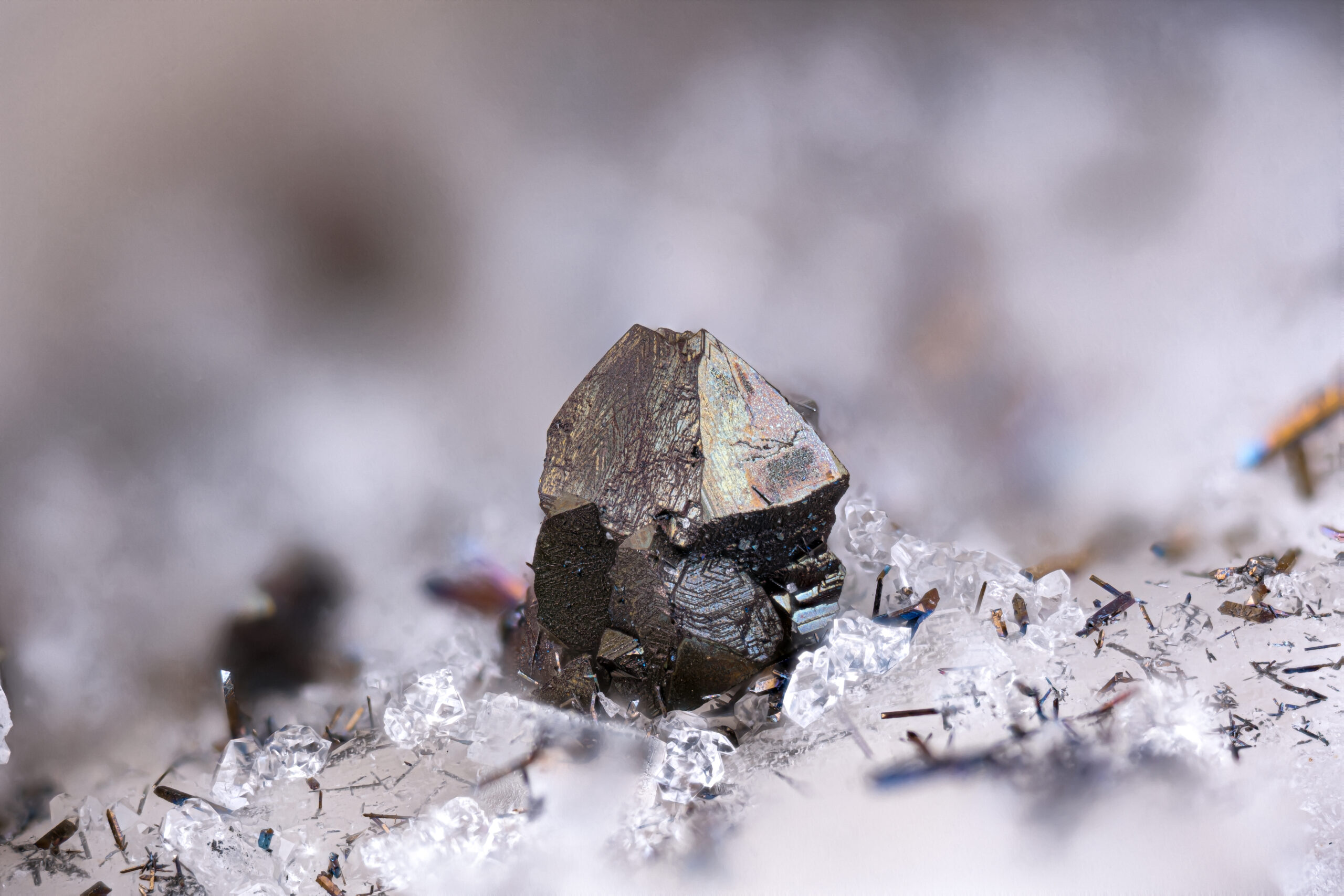Space
Research in space

Space Research is presented as one of the most developed applications in the space industry.
Since the dawn of the Space Age, we have been studying space-related topics and have even done so from space itself. Sputnik 1 made possible the study of the density of the furthest reaches of Earth’s atmosphere as a result of the effects of friction on the satellite’s orbit. Radio signals propagated from the satellite were also used to study the ionosphere. Satellites, probes and the tools and systems are aboard are often built to conduct scientific research in space.
Government agencies, including space agencies, have historically been some of the primary customers. Others have been universities and large laboratories across almost every scientific field: astronomy, materials science, biology etc.
Yet, due to the popularity of CubeSat, and decreasing launch costs, more companies are interested in launching their own experiments into space in order to develop new technologies and sell them to other companies or simply to conduct research. These micro-satellites are built with standard parts, making them quite affordable comparatively. Firms such as NanoRacks, help institutions and other companies design their own experiments and satellites as well as put them in orbit. These companies are further widening this market segment.
At any rate, it is most likely that government funding will continue to dominate basic research. These investments currently amount to 73 billion euros annually and are expected to reach 160 billion euros by 2040. However, we must keep in mind that this funding also goes towards space exploration.
Space research is a €73 billion market in 2019
By 2040, it is estimated at €160 billion.
The benefits of space for scientific research
Interview to Álvaro Giménez, Managing Director CSIC Foundation, at the XXXI Future Trends Forum about the Commercialization of Space.
Álvaro highlights the ability of Spanish companies to find new opportunities in space. According to Álvaro, the commercialization of space will allow more science to be made with the same investment.







